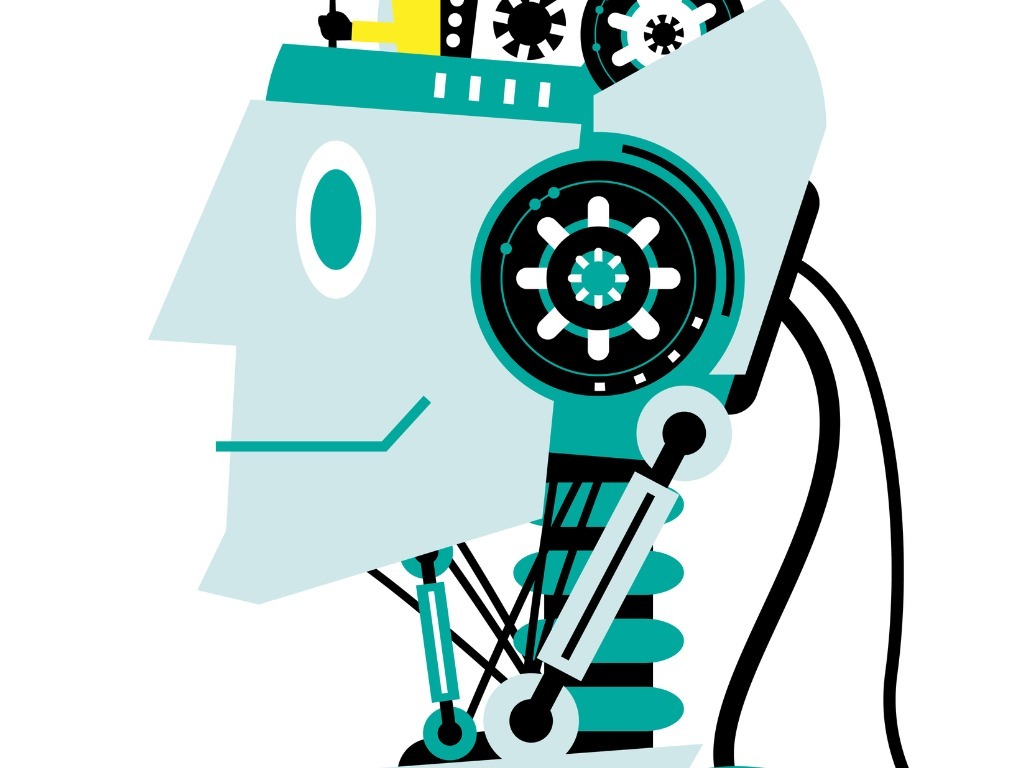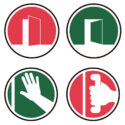
No matter what your title, it is most definitely your habits – how you think, what you say, and your behaviour – that really matters says Sue France
To be a successful Assistant, learn and practice the following H.A.B.I.T.S.
H is for habit
We all have habits that relate to our personal life and to our work life, as this is the way our brains save energy. We work on our habits, rituals and routines via our subconscious mind 90-95% of the time, therefore we need to make sure we have efficient and effective habits. Our habits need to be productive, keep us positive and help us be successful, whilst changing habits that hinder our success.
You may have heard it takes 21 days to change a habit; that is nonsense. It takes each person the time it takes them, whatever that is – it could be a day, a week, six months or even a year but, if you are tenacious and passionate about changing a habit, eventually it will happen.
A habit is triggered by a specific cue, situation, or event. To break the habit, you must be self-aware and notice the trigger. You can eliminate your trigger and then consciously and mindfully keep on repeating your new desired behaviour until it becomes the norm – remembering that it will take as long as it takes, so you know that you should never give up.
A is for Attitude
Your attitude to your work, your colleagues, and even your life will determine whether you are successful or not.
We are all naturally negative (regardless of whether you are an optimist or a pessimist) as our brains are simply looking for whatever may be a threat to our survival; this includes real or perceived threats. A threat could simply be your manager shouting your name in an aggressive way and asking you to get into their office immediately. When this happens, our brains decide that we either want to flee, fight, freeze or flock to our friends and talk about it. We need to change our negative thinking to enable the logical, rational part of the brain to kick back in.
Here are some quick and simple things you can do:
- Change a negative word into a positive word. For example, if you feel nervous say “I am feeling excited”; if you feel tense change it to “I am feeling alert”. When you say positive things to yourself you will feel the change in your attitude and your resulting behaviour will be more productive.
- Think about positive and happy memories. This could be a place you love to visit or people that make your heart melt, or make you smile.
- Listen to cheerful music. Choose music that makes your heart sing and your mind happy.
Put a smile on your face and look up to the ceiling. Your brain listens to your body language; doing this makes your brain think you are happy and it will start reducing your cortisol levels (the stress hormone). - Keep your confidence. No one can take this away from you unless you allow them to! Think positive and act positively; be a “will-do” “can-do” person. This means having the ability to be assertive and say what you need and want, and having the ability to say ‘no’ when appropriate. Remember: every time you say no to something it means you are saying yes to something else. Just make sure you are prioritising correctly, and go with your convictions.
- You can also keep a “confidence file”, where you can put all the ‘thank you’ and ‘well done’ emails that you receive. Write up your own notes of achievements such as costs you have reduced, time you have saved through creating a new system, or anything you might want to bring up at your appraisal. Look at your file whenever you are starting to feel negative and change your mind back to being positive as you realise that you really are good and have done some excellent and worthwhile work.
- Do what you say you are going to do. Stop procrastinating. Say to yourself: “Is this the best use of my time right now?” and “Am I adding value with what I am doing?”
Procrastination does have its place, however, as your brain needs a break several times a day. Consciously give yourself a brain break by doing tasks that require less thinking power like filing and making coffee and that may be the best use of your time at that moment.
Be aware of yourself, your thoughts, and your actions. When you realise you are being negative, take positive action.
B is for Behaviour
Behave the way you would like others to behave, and set an example. Be the leader of yourself, your boss and your family. Be the person you want to be and not the person who develops through habit. You get what you focus on, so focus on what you want, not on what you don’t want.
Ensure that the behaviour you display is your intent and that you are perceived in the way you want others to see you. Self-awareness is one of the most important traits you can have. How we perceive ourselves may not be the way others perceive us. Ask people for honest and open feedback and show people that you truly want to be the best person you can be.
I is for Implement Sue France’s 25/75 rule
We all have self-talk. Sometimes it can lead to self-sabotage; you may say to yourself “I’ll leave that until later as it’s not happening until next week”; then suddenly it’s here and you are not prepared. Events and meetings that are already on your calendar should not be allowed to sneak up on you! In order to be organised, create momentum and be prepared spend 25 minutes, two or three times a week, looking ahead over the next 75 days and preparing whatever it is you need for those upcoming trips, appointments and events. This can also include diarising the next in the following week.
T is for Thinking patterns
Think in chunks
Your brain performs best when you split your work up into chunks. For example, do your telephone calls in one chunk, read and answer emails in one chunk, and organise your filing in one chunk.
Use your conscious, rational, logical, decision-making mind.
Don’t leave it to your subconscious habitual mind in a routine way. We only use our conscious mind for 5-10% of the time because your brain uses up 20% of the energy you put into your body even though it is only 2% of your body mass. Therefore, you need to make sure you eat nutritious, healthy foods and never skip breakfast or lunch. You also need to take regular ‘brain breaks’ to reboot your conscious mind as well as switch between hard and easy tasks.
Take a break and incubate
Stop thinking about a problem when you have been stuck for 15 minutes. Your subconscious mind works for you whilst you are not consciously thinking about something. For example, have you ever thought of a solution when day- dreaming? Have you ever been in the shower or driving along and a solution has come to mind, when you had no idea you were thinking about the problem? Whenever you want to solve a problem, or come up with a creative solution, you can write your problem down on a whiteboard, notepad or dictate into your phone, (so you feel secure in the fact that you won’t forget it) and then tell your subconscious mind to work it out for you whilst you get on with something else. Taking a break may be the best use of your time!
S is for Set a timer for 25 minutes
Spend 25 minutes on a task. This is the maximum amount of time your thinking, logical, decision-making brain can work effectively. This is especially useful when facing a daunting and difficult task as once you begin, then the rest becomes much easier. After 25 minutes take a break or switch to an easy task. Give the conscious rational, logical and decision-making part of your brain a rest and time to reboot.
One excellent use of your time would be to do a three-minute mindfulness exercise. This calms your brain down, helps to get rid of cortisol and allows you to start thinking rationally and logically again. Mindfulness is about being in the moment; you cannot control the past or the future, but you can control the present.
When you make the above H.A.B.I.T.S. your habits, then you will be making waves into being effective, efficient and successful in all that you do. I wish you a highly successful career and life.













